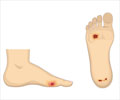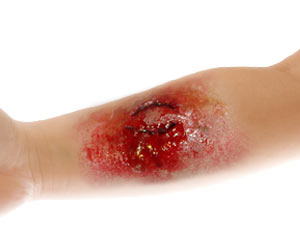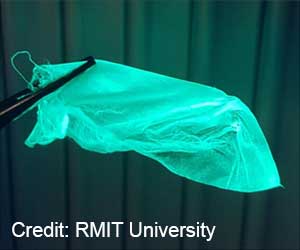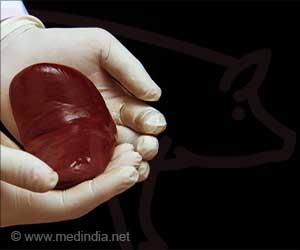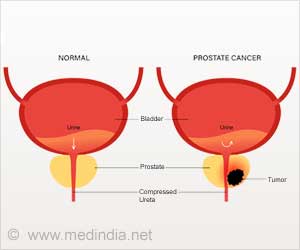Researchers developed a low cost biopolymer dressing that degrades on its own can help people in need of chronic wound dressings.
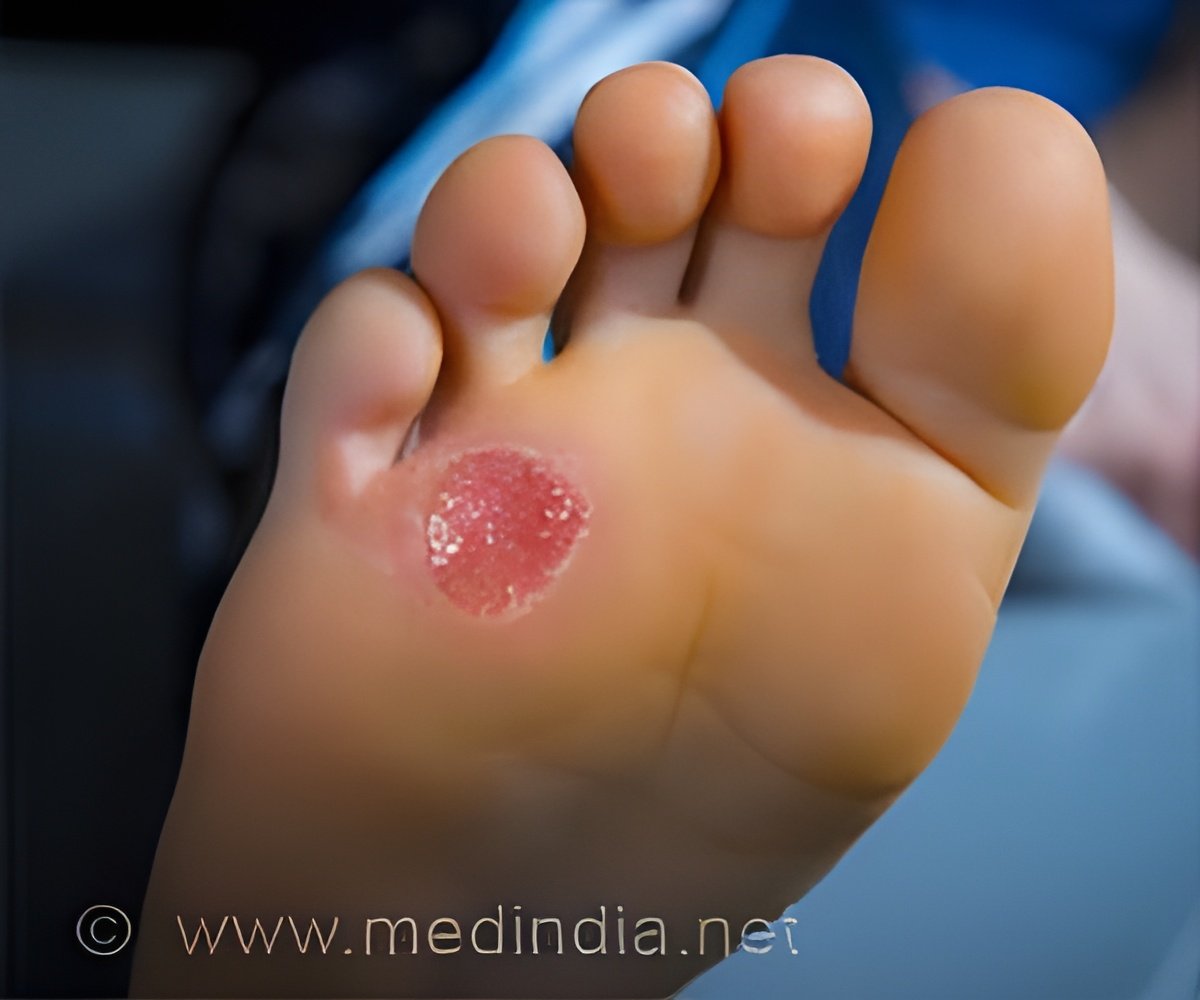
"The existing efficient technologies are far too expensive for most health care systems, greatly limiting their use in a timely manner," said Morteza Mahmoudi, an assistant professor in the Michigan State University College of Human Medicine and the Precision Health Program.
An economically accessible, practical and effective technology is needed to treat the chronic wounds.
Researchers conducted a small pilot trial of the wound dressing with 13 patients with chronic wounds. This study is published in the journal Molecular Pharmaceutics.
Patients with advanced chronic wounds, those who do not respond to traditional therapies are estimated to number over 45 million globally, making this one of the world's most pressing and urgent health care needs.
Venous leg ulcers and pressure ulcers associated with immobility in older and paralyzed patients are also major causes of chronic wounds, but the best-known examples of this type of injury are diabetic foot ulcers.
Advertisement
When wounds heal more slowly and stay open longer, bacteria have more opportunities to cause infections and lead to serious complications.
Advertisement
A flexible framework of nanofibers in exceedingly thin threads made up of natural polymers, including collagen, a structural-support protein found in our skin and cartilage.
This framework provides a three-dimensional scaffold that supports cell migration and the development of new blood vessels, replicating the function of the extracellular matrix, the natural support system found in healthy, living tissue.
To that framework, they incorporated proteins, peptides and nanoparticles that not only encourage the growth of new cells and blood vessels but also fight off bacteria by encouraging a patient's own immune system.
The dressing also degrades over time, so no need to change or remove it and potentially aggravate the wound site. If these dressings are approved by regulatory agencies, it will be affordable to even resource-strapped health care systems faced with treating these serious wounds.
Source-Medindia

